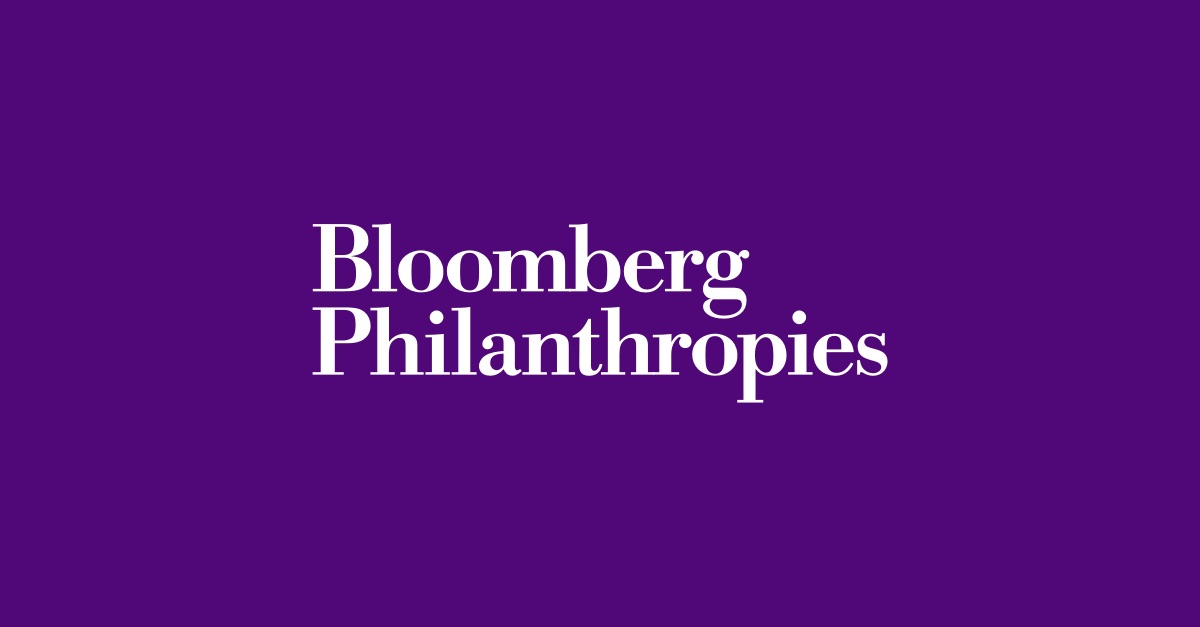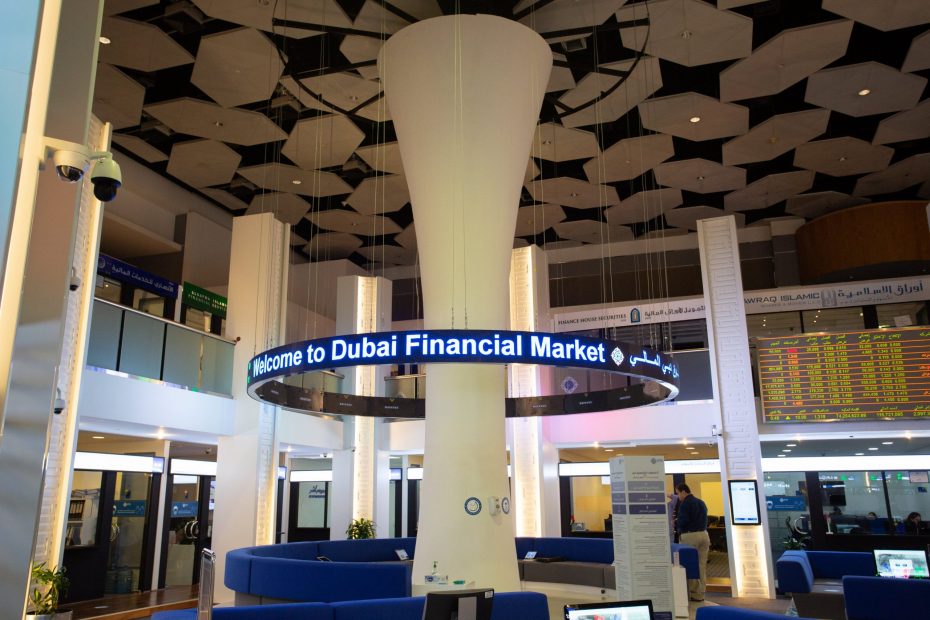







Dubai Electricity and Water Authority (DEWA) is committed to sustainability and aims to achieve Net Zero carbon emissions by 2050 [1fecd35a]. DEWA is actively supporting the Dubai Clean Energy Strategy 2050 and the Dubai Net Zero Carbon Emissions Strategy 2050. The utility major has implemented various initiatives to reduce its carbon footprint, improve energy efficiency, and promote the circular economy. DEWA is intensifying its efforts to promote the adoption of the circular economy model across its divisions. The organization organizes events and exhibitions to enhance employee engagement in sustainability initiatives. DEWA has received recognition for its sustainability efforts, including achieving LEED platinum ratings for green buildings and operating the world's largest solar-powered data center. DEWA's sustainability initiatives align with Dubai's plans to achieve carbon neutrality and reduce emissions. DEWA also focuses on employee engagement through initiatives such as smart recycling machines and campaigns to clean beaches and plant mangrove saplings. The organization has received awards for its sustainability and health and safety performance.
In line with its commitment to sustainability, DEWA is actively participating in the Water, Energy, Technology and Environment Exhibition (WETEX) and Dubai Solar Show 2023, which will be held in Dubai from November 15-17 [cb1489aa]. The exhibitions serve as a platform for international organizations to showcase their latest solutions and products in the sectors of energy, water, sustainability, green technologies, renewable and clean energy, green mobility solutions, sustainable development, green buildings, water desalination technologies, and smart cities. DEWA, as the organizer of the event, aims to promote the UAE's sustainability agenda and create business opportunities for companies in the country and the region. The exhibition is expected to attract over 2,556 companies from 62 countries, along with sponsors, partners, and supporting associations. It also facilitates meetings between companies, government and private institutions, and investors through B2B and B2G platforms. The circular economy and renewable energy sources are key focus areas for the UAE government, aligning with its commitment to reach net zero greenhouse gas emissions by 2050.
Dubai Financial Market (DFM) has announced the launch of a pilot program for trading carbon credits, which will debut at COP28 [567442e3]. The program aims to support the UAE Government's net zero by 2050 goal and will provide a platform for companies to manage carbon emissions. The pilot will run from December 4th to December 8th, 2023, with the participation of 17 UAE companies, including DEWA, DP World, and Emaar. The carbon credits traded on DFM will come from internationally certified projects and will be supplied by DEWA and MyCarbon. The demand for carbon credits is expected to increase significantly in the coming years, with the market projected to surpass $50 billion in value by 2030. Transactions will be executed through five DFM brokers, and clearing and settlement processes will be handled in US dollars. ADGM has also established a regulatory framework for licensing exchanges and clearing houses for carbon credits [2306d2b4].
President Emmanuel Macron and Michael R. Bloomberg have announced the proof of concept for the Net-Zero Data Public Utility (NZDPU), which aims to be the world's first global, centralized, open repository for private sector climate transition-related data. The NZDPU will provide transparency into a core set of private sector climate data critical for the net-zero transition. The proof of concept delivers the foundational architecture for the NZDPU, allowing for the scaling accessibility of companies' greenhouse gas emissions and emissions reduction targets. The Utility is designed to be integrated into the UN Climate Change Global Climate Action Portal. The NZDPU will streamline and consolidate data from different sources into a consistent format, making it easier for stakeholders to integrate climate data into decision-making. The NZDPU will also incorporate disclosure requirements aligned with climate-related reporting standards. The launch of the proof of concept marks a major milestone in the creation of an open-data platform that brings transparency to the progress companies and financial institutions have made in their climate transition efforts. Future development of the NZDPU will aim to integrate more data over time through collaborations and incorporate previously recommended data fields. The NZDPU has received support and endorsements from various stakeholders, including financial institutions, regulators, and international organizations. [6faaaff8]
Eight leading export credit agencies have launched the UN-convened Net-Zero Export Credit Alliance (NZECA) to decarbonize global trade and facilitate joint action from public and private finance. The founding and affiliate members, geographically diverse and among the largest ECAs globally, supported an estimated $120 billion in global trade in 2022. The NZECA aims to deliver net-zero economies by 2050 and will set science-based targets for emissions reduction. The alliance will be managed by a UNEP FI-based secretariat and will complement existing climate change action networks for ECAs. The NZECA will also have a dedicated work track for climate solutions and transition finance, with some members committing billions of dollars towards green technologies. [ab7710a0]
The UNEP-convened Net Zero Export Credit Agencies Alliance (NZECA) has been launched at COP28. The alliance aims to support the just transition to low-carbon, climate-resilient economies by rechanneling trillions of dollars each year, closing the adaptation financing gap, and aligning private finance with climate goals. Export Credit Agencies (ECAs) and Export-Import Banks (EXIMs) play a crucial role in enabling access to climate technologies and innovation through international trade. The leading ECAs commit to supporting net-zero economies by 2050 or sooner, with interim milestones and a focus on just transitions. NZECA will provide membership options for ECAs ready to commit to net zero and affiliate members who are building capacity. The alliance aims to be inclusive and transparent, driving ambition on real economy decarbonization. It calls on other public finance institutions to follow suit and contribute to slowing and adapting to climate change. [0593077c]
East Devon District Council's Cabinet has approved a £207,000 package of decarbonisation support for local businesses and community groups. The support includes free training, carbon surveys, and carbon action plans to help organizations save money and increase profitability by reducing waste and carbon emissions. Businesses in East Devon are already leading the charge to zero carbon thanks to Innovation and Resilience Funding issued by East Devon District Council. Examples include Blue Marble Environmental Partnerships, which received funding to automate processing of carbon accounting data, and a family-run wholesale nursery that developed a peat-free growing mix with biochar. The Carbon Action Programme is expected to launch in early Spring 2024. [f36b849a]